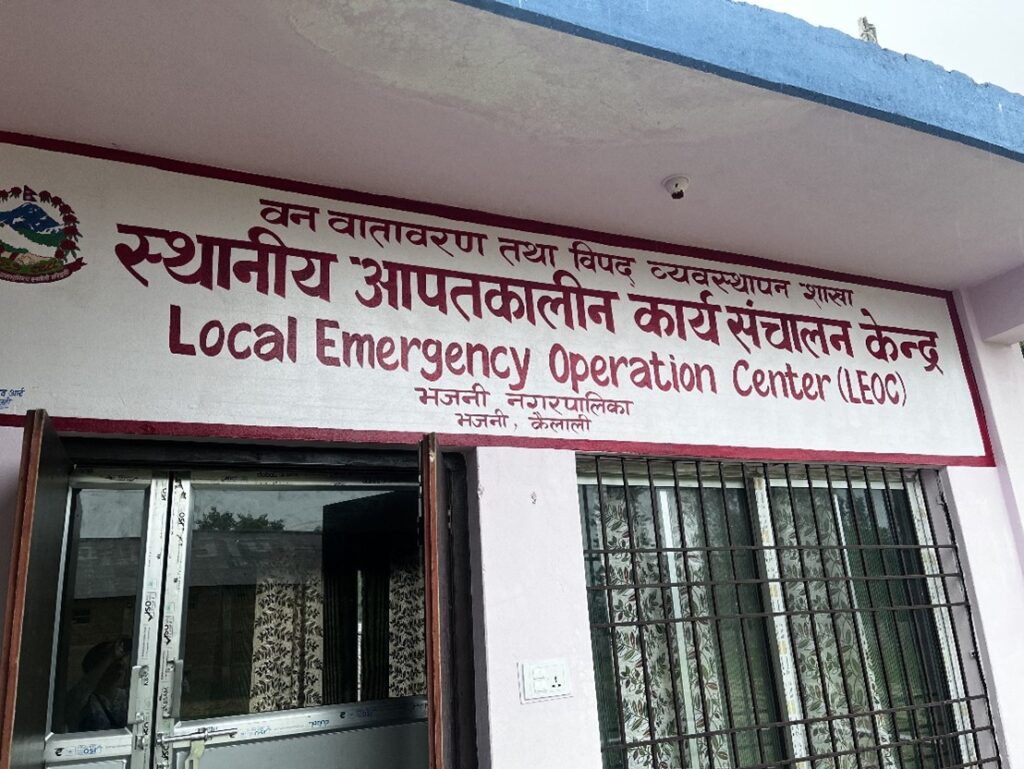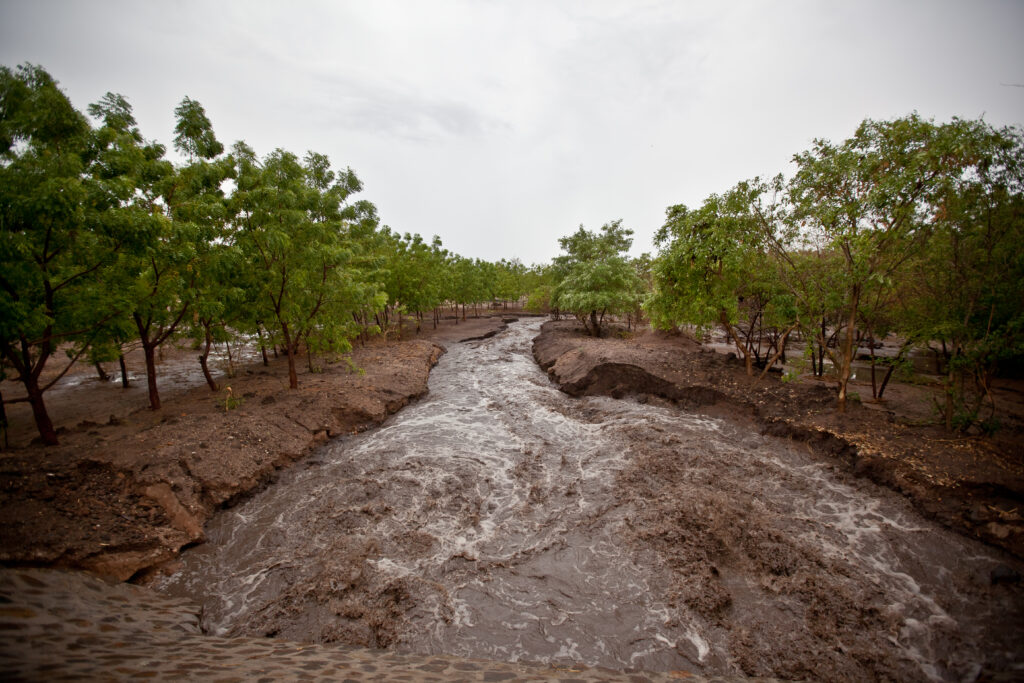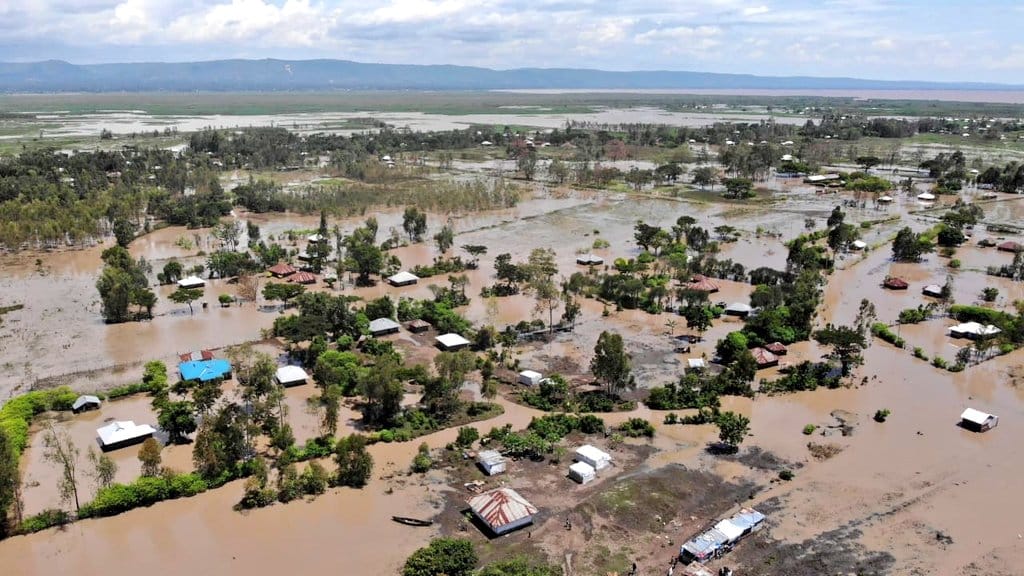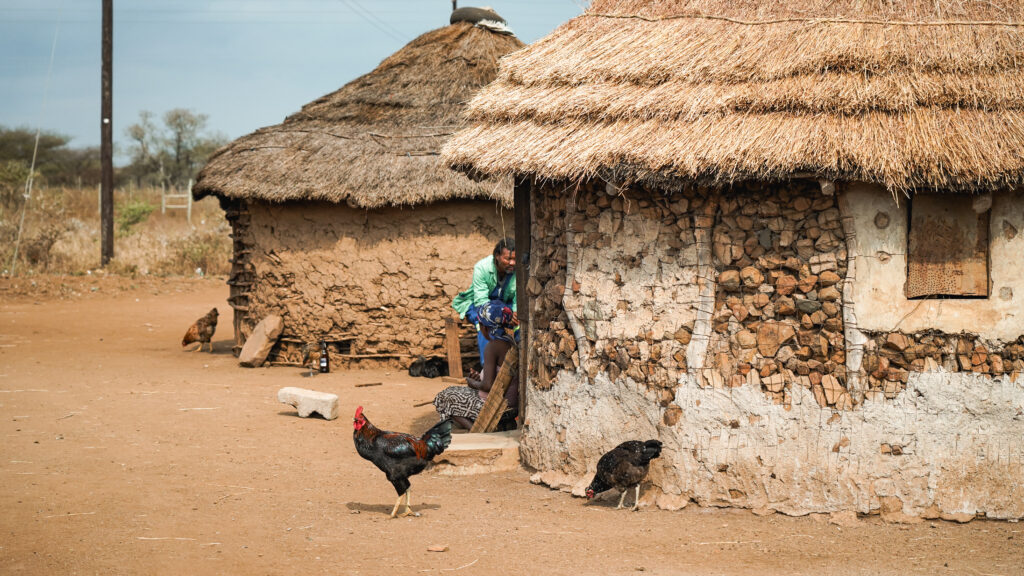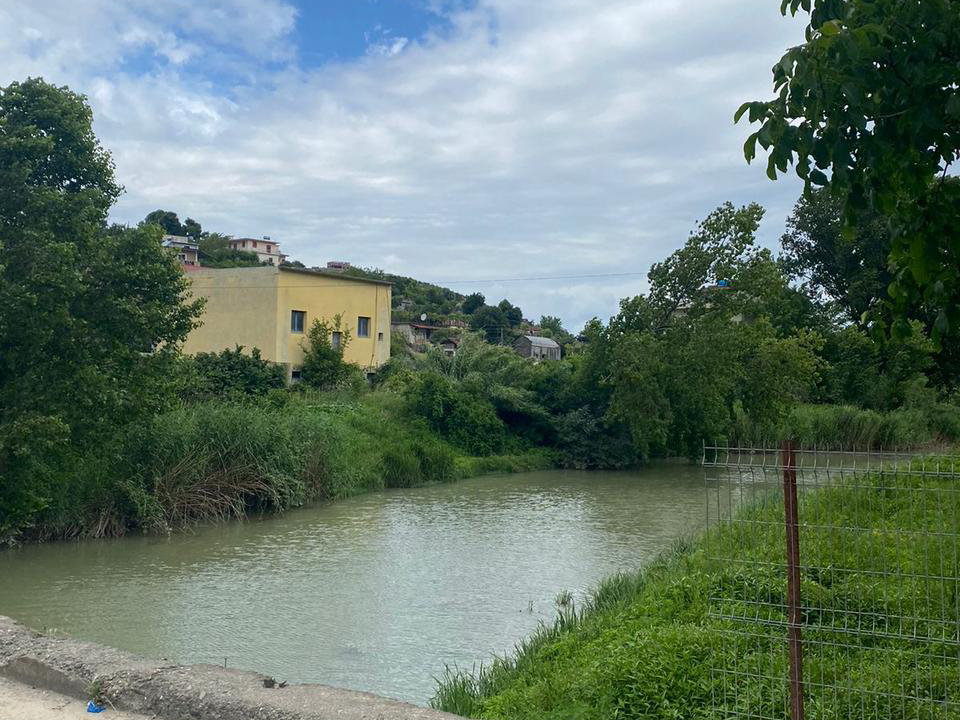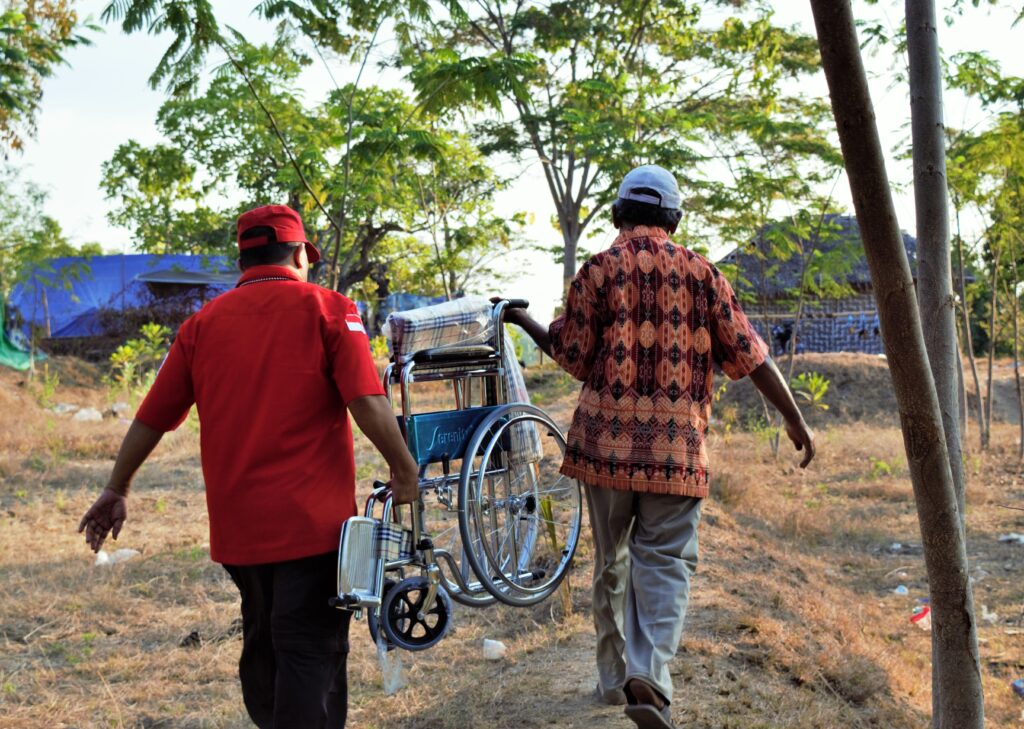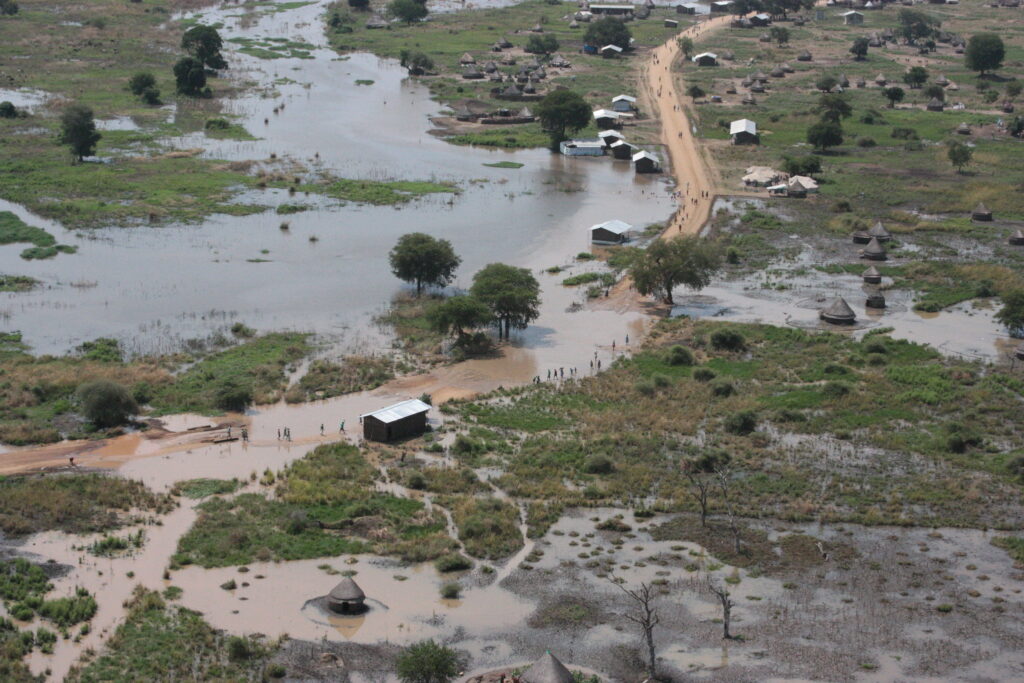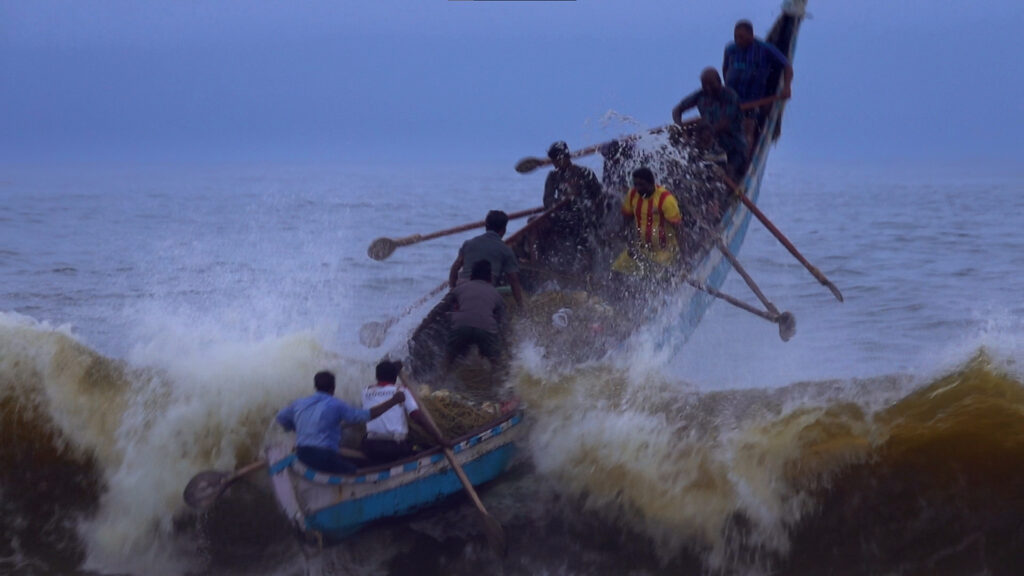Understanding Barriers to Early Warning Messages for People Living with Non-Communicable Diseases in Nepal
About this Paper This study explores the challenges that people living with non-communicable diseases (PLWNCDs) face in accessing early warning messages (EWMs) during disasters in Nepal, focusing on flood-prone districts of Kanchanpur and Kailali. Findings reveal delayed and inaccessible warnings, language barriers, and low trust in message accuracy, leading to limited preparedness. Many PLWNCDs struggle […]

